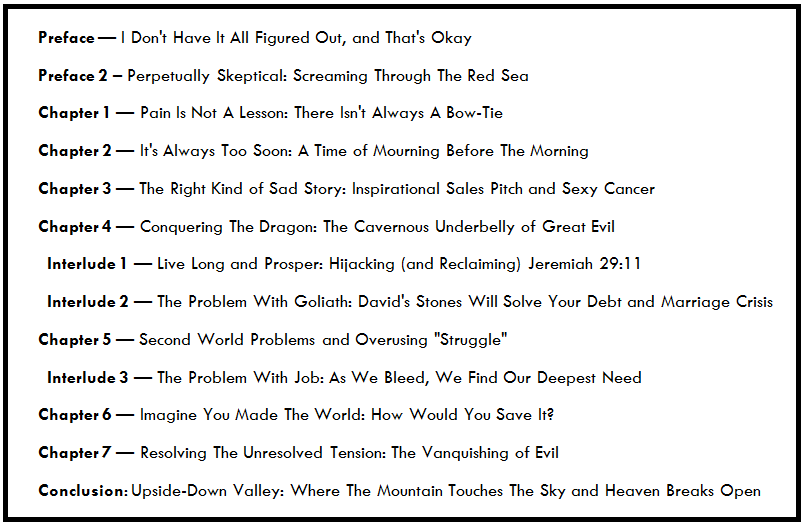These last few week I’ve been reading about the many assaults against Asian-Americans, and I was hit with a lightning bolt of a memory I had nearly forgotten.
It is my very first memory. I was four on my first day of preschool. The only Asian in class. I didn’t speak English. When the teacher found out, she forced me to sit in the corner all day. She told me not to talk or turn around. I wept the entire day.
My mother, when she picked me up, cussed out the teacher and switched me to another school. But it was too late. A year or two later, as I learned English, I lost much of my Korean. The trauma destroyed my native language. My tongue had been burned of its millennia of heritage in my still-forming mouth.
To this day I can still understand Korean just enough, but when I try to speak I get tongue-tied. A block. It is apparent why. My voice was strangled. A teacher failed her “non-compliant” student. A system allowed racist violence against a child. A teacher did not understand she had a non-English-speaking American in her class, and instead of including him with even the smallest gesture, simply cut him off in a corner. The teacher was a cog in a system not funded with resources to equip their educators. That child never had a chance.
Our voices are still strangled. When I am yelled at violently in traffic because “Asian driver.” Spoken very slowly to by a cashier. Spoken over constantly in meetings. When people I supervise don’t take me seriously because they are not used to an Asian in the lead. When Asian jokes are told with zero hesitation. When people who look like my father go on a walk and are killed.
I realize I am lucky. My experiences are not as bad as others. My pain though, like any pain, is still pain. And I am not tougher for what I have gone through. I was made less. I was stripped of my home tongue. But no: I will not be stripped of my voice. It will not be taken. We each have a voice, gifted by God, just the one we are given. You have a song and it must break free. You have a microphone to pass to a young uncertain child, that they may sing too. Your voice. Speak. Your voice will carry you.
— J.S.










